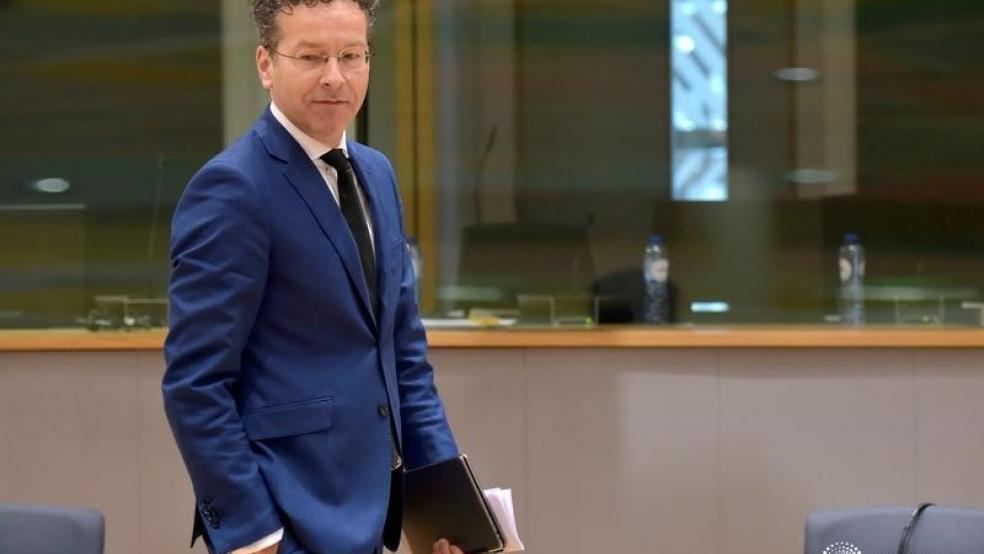Dutch lawmakers demanded a debate on the secret rulings, which specify individual tax breaks for international companies in the Netherlands. They also called for a full inquiry into all tax arrangements with multinationals after newspapers reported that rules had been broken in the deal with P&G.
P&G, the maker of Pampers diapers, Gillette razors and Tide laundry detergent, issued a statement late on Tuesday denying involvement in any form of tax avoidance."We want a full explanation of the faulty P&G deal", Dutch lawmaker Tom van der Lee said in parliament. "And we want to know if all rulings will now be investigated to see if more errors have occurred."The "Paradise Papers", a trove of leaked documents about offshore investments, shed light on a deal made in 2008, which gave P&G an estimated tax break of $169 million.It showed the deal was signed off by just one official of the Dutch tax authority, where at least two signatures were required. The agreement also did not pass the special commission for international tax rulings, Dutch newspapers Trouw and Financieele Dagblad reported.In an emailed statement, P&G said it "pays all the taxes it owes, worldwide, and we comply with the letter and spirit of the law everywhere we operate".A spokesman for the finance ministry, which oversees the tax authority, declined to comment on the P&G deal or on the consequences of the leak for other tax arrangements.The European Commission and other international bodies have frequently accused the Netherlands of helping companies to avoid taxes by drawing up thousands of tax arrangements for large corporations.Details of these arrangements are never disclosed, out of privacy considerations, but the finance ministry has repeatedly said they always comply with strict procedures.The new Dutch government said last month it would try to make the country less attractive to shell companies that act as a conduit for money destined for tax havens.But it also promised to lower the corporate tax rate to encourage foreign companies to move their activities to the Netherlands. [L8N1ML3EN] In 2015 the European Commission ordered the Dutch to reclaim up to 30 million euros ($34.7 million) in back taxes from Starbucks after ruling that the tax arrangement with the U.S. coffee company amounted to illegal state aid. Both Starbucks and the finance ministry have filed an appeal against that ruling. (Reporting by Bart Meijer; Editing by Gareth Jones)Dutch tax breaks under fire after 'Paradise Papers' leaks

ERIC VIDAL



